News
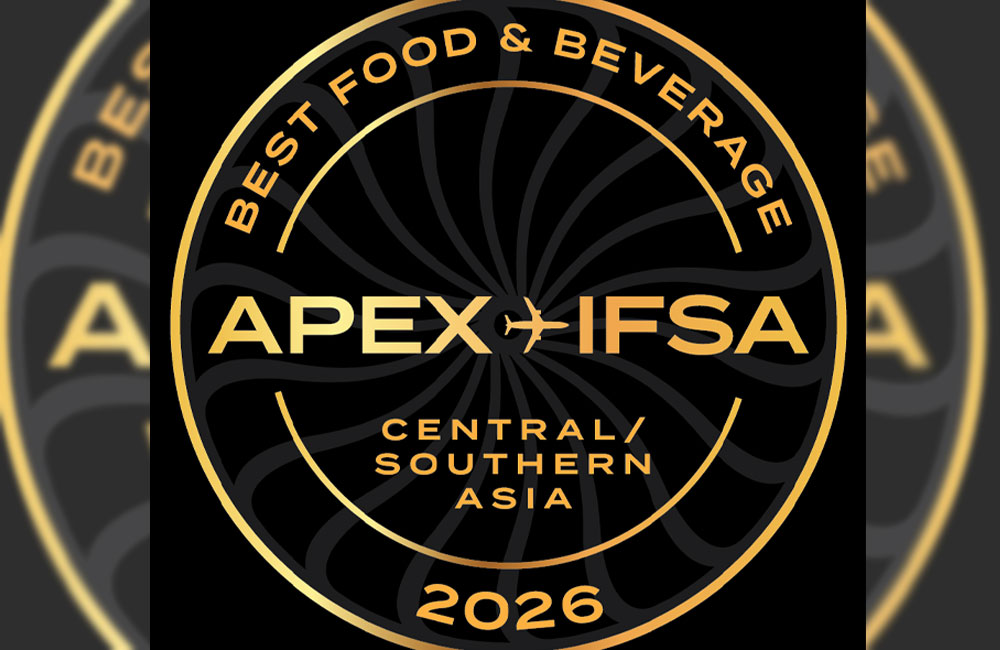
Sri Lankan Airlines Wins Best Food & Beverage Award at 2026 APEX Awards
Sri Lankan Airlines has earned top regional honours for its culinary offering, securing the Best in Food and Beverage Award for Central/South Asia at the 2026 APEX Awards.
The national carrier was recognised for its rich and diverse inflight menu, which blends authentic Sri Lankan flavours with international cuisine. In addition to the win, Sri Lankan Airlines retained its status as a Four Star Major Airline, one of the highest distinctions in the global aviation sector.
The APEX Awards and Official Airline Ratings are drawn from more than one million passenger reviews submitted via the TripIt by Concur travel app. Over 600 airlines are assessed annually across five key areas: cabin comfort, service quality, food and beverage, inflight entertainment, and Wi-Fi performance.
Reflecting on the achievement, Maria Sathasivam, Product Development Manager at SriLankan Airlines, said:
“Receiving this award for the second time reflects the deep trust our passengers place in us. Alongside delivering healthy and delicious meals onboard, we pride ourselves on showcasing Sri Lanka’s vibrant culinary heritage. We extend our heartfelt thanks to all travellers who helped make this possible.”
SriLankan Airlines offers travellers a regularly refreshed inflight menu designed around passenger preferences. Depending on the destination, guests can experience a variety of cuisines, with special emphasis on Sri Lankan favourites such as sambols, kiribath, athirpasa, kottu, and traditional sweets like kiri toffee, coconut toffee, sesame balls, and bibikan. A selection of local beers complements the culinary experience.
The airline currently connects passengers to 120 destinations across 61 countries, operating a modern fleet of Airbus A330-300 and A320/321neo aircraft that serve major cities throughout Europe, Australia, the Middle East, South Asia, Southeast Asia, and the Far East.
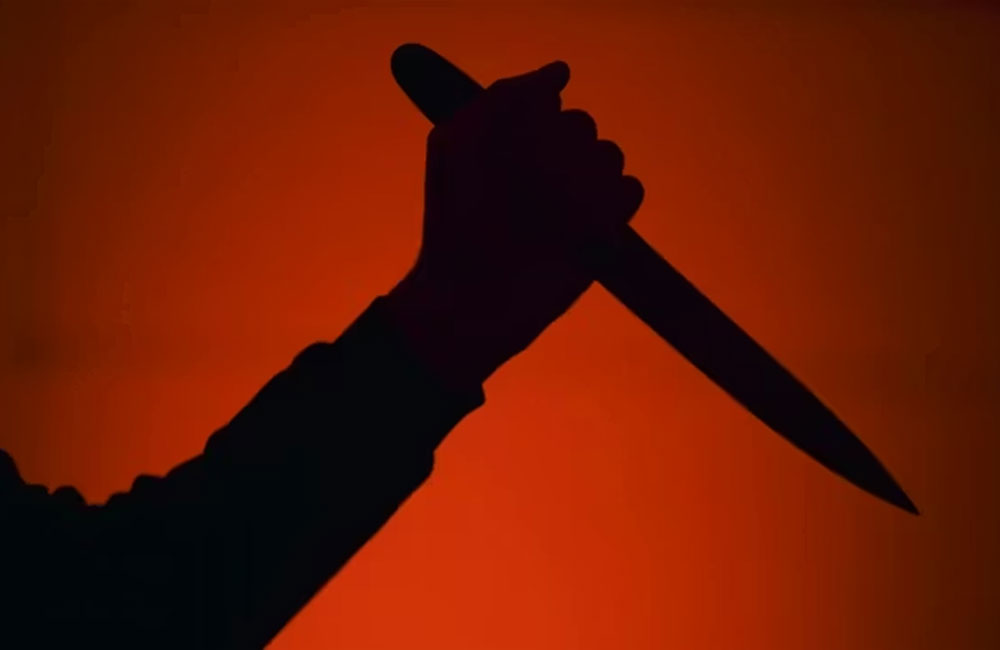
Seven individuals stabbed by psychiatric patient
At least seven individuals had received stab injuries during a confrontation with a psychiatric patient during an alms giving at a house in Medadumbara area off Kandy yesterday.The psychiatric patient was one of the occupants of the house. Police said two women and five men had received stab injuries and admitted to the Kandy National Hospital.
The suspect was taken into custody by the Ududumbara police.
(Source - DailyMirror)

Sri Lanka’s AI Push Risks Collapse amid Grossly Insufficient Budget
Sri Lanka’s political drive toward Artificial Intelligence (AI) under the JVP-led NPP government is gaining headline attention but the numbers tell a very different story.
The 2026 Budget allocates just Rs. 3 billion for AI development, national data platforms, and the establishment of government-run data centres. For a field where a single mid-scale data centre can cost between Rs. 20–40 billion, experts warn that the allocation is not only inadequate it is dangerously unrealistic.
Government officials privately acknowledge that the amount is barely enough for feasibility studies, consultancy fees, and pilot projects. Yet the administration continues to promote AI as a cornerstone of its economic transformation agenda.
The gap between political rhetoric and fiscal reality raises concerns that Sri Lanka may be entering the AI race with neither the required investment nor the institutional capability.
Meanwhile, global leaders are moving at lightning pace. IFS, which maintains major operations in Sri Lanka, yesterday in New York unveiled the next generation of Industrial AI at its Industrial X Unleashed showcase highlighting exactly the kind of capabilities Sri Lanka claims it wants to build.
IFS CEO Mark Moffa emphasized that transformative AI impact lies in industrial settings, not in generic office tools. “The opportunity to drive growth using AI is now especially when applied in industry,” he said.
IFS demonstrated real-world solutions that interpret multimodal data, predict faults, prevent downtime, and enhance asset reliability precisely the high-value applications Sri Lanka hopes to adopt but is far from capable of deploying.
IFS’s global partnerships with Anthropic, Boston Dynamics, Siemens, 1X Technologies, and major clients such as Eversource and William Grant & Sons showed industrial AI functioning at scale handling robotics, utility grids, manufacturing operations, energy networks, and advanced automation.
By contrast, Sri Lanka does not yet have a single hyperscale data centre, no national AI cloud, and no enterprise-grade computing infrastructure required to support applied AI. The country’s most experienced AI talent is concentrated in the private sector, while senior government officials overseeing AI policy lack exposure to machine learning engineering, MLOps, large-scale data management, or industrial automation.
This knowledge gap leaves the 2026 allocation of Rs. 3 billion looking even more insufficient. Building AI infrastructure requires:billions for purpose-built data centres,high-performance compute (HPC) clusters,cybersecurity frameworks,specialised AI engineering teams and sector-specific deployment models
Sri Lanka’s total allocation cannot even fund 10% of a single modern data centre, let alone a nationwide AI ecosystem.
Analysts warn that the government risks repeating past failures—overpromising grand technology initiatives without the required investment, engineering capability, or institutional planning. While global giants such as IFS and PwC operate with deep technical leadership and multi-billion-dollar ecosystems, Sri Lanka’s public service remains underprepared and under-skilled.
The concern is clear: the government is attempting an AI leap with neither the runway nor the aircraft.
Unless Sri Lanka urgently increases its investment, attracts technical leadership, and builds institutional knowledge, the country’s AI ambitions may end up as yet another politically packaged but technically hollow promise, overshadowed by global leaders who are already decades ahead.

SJB Local Council Member Arrested in Badulla for Possession of 86g of Cannabis
A member of the Kandaketiya Pradeshiya Sabha representing the Samagi Jana Balawegaya (SJB) has been arrested by the Badulla Galauda Police in Pallewatte for possessing 86 grams of cannabis.
According to police, the suspect—who also works as a security assistant at the Hapathgamuwa electric fence—is a resident of Pallewatte, Hapathgamuwa in Hali Ela.
The arrest was made during a sudden raid conducted using a decoy, following a tip-off that the councillor was involved in selling cannabis. Officers found 86 grams of cannabis that had been prepared for distribution.
Further investigations are underway, and the suspect is expected to be produced before the Badulla Magistrate’s Court today (17).
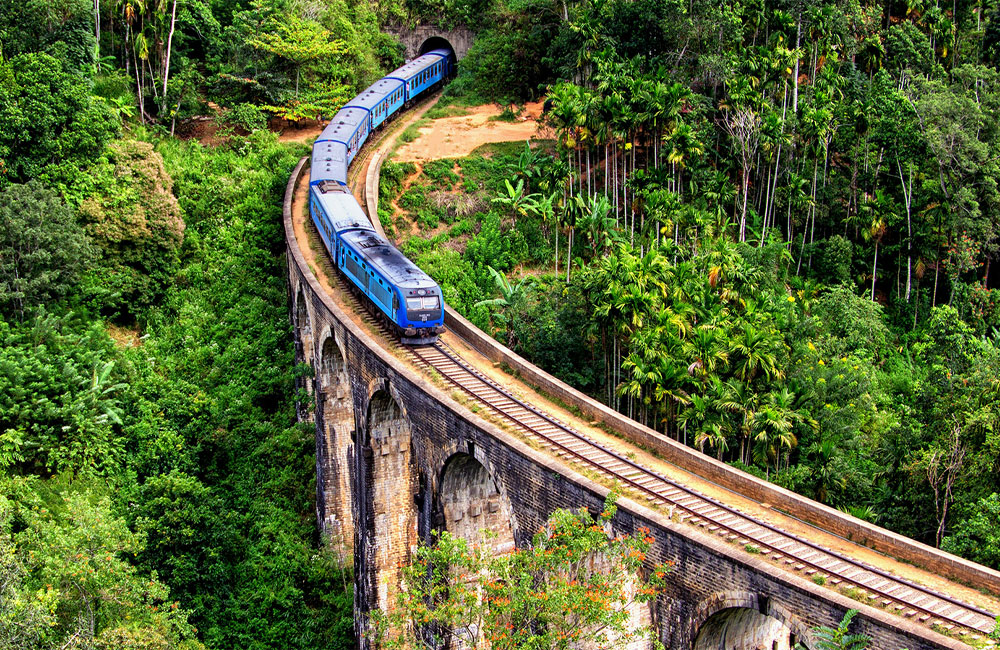
Tourism Boom, Revenue Bust: Mismanaged Agencies Fail Sri Lanka
Sri Lanka may be celebrating record-breaking tourist arrivals, but behind the glossy numbers lies a stark truth: the state-run tourism promotion machinery is failing to convert footfalls into meaningful economic value. Despite October 2025 marking the highest visitor count ever recorded for that month, earnings remain anaemically low an indictment of amateur planning, inexperienced leadership, and institutions obsessed with arrival statistics rather than attracting high-spending travellers.
According to the Central Bank of Sri Lanka, tourism earnings in October rose by a negligible 0.3% year-on-year, reaching just US$186.1 million. The figure is shockingly low compared to US$287.4 million earned in October 2018, when fewer tourists generated far more revenue. This widening mismatch exposes the core weakness of Sri Lanka’s tourism strategy: empty promotional slogans instead of targeted, value-driven marketing.
The country welcomed 165,193 visitors in October, a 22% increase over last year and even higher than the 153,123 arrivals recorded in 2018. Yet the revenue picture remains bleak. The authorities’ fixation on arrival numbers has overshadowed a more crucial metric spending power. With average daily tourist spending stuck at an unimpressive US$171, Sri Lanka continues to attract low-budget travellers rather than the high-value segments it desperately needs.
The earnings trend across the year paints an equally troubling picture. July revenue fell 3% to US$318.5 million, August dropped 8.2% to US$258.9 million, and September managed only a timid 1% increase to US$182.9 million. Even January the best month of 2025 generated only US$400.6 million, the highest since 2020 but still far below global tourism benchmarks.
For the first ten months of 2025, the sector brought in US$2.65 billion, a modest 4.9% improvement from last year. Yet this figure is still 33% below the earnings of 2018, when Sri Lanka collected US$3.53 billion over the same period and ultimately recorded its highest-ever annual tourism earnings of US$4.38 billion.
Despite this glaring underperformance, the state tourism institutions continue to operate without strategic direction. Industry insiders point to leadership dominated by politically appointed individuals lacking professional expertise. Their plans often underwhelming, outdated, or hastily assembled—fail to target high-spending markets such as Europe, East Asia, or the Middle East. Instead, authorities boast of raw arrival numbers while ignoring the more important task of increasing per-tourist revenue.
With only two months left in the year, Sri Lanka faces an almost impossible climb to meet its US$5 billion revenue target. To get there, the country would need to generate over US$2.34 billion in November and December more than four times its current monthly earnings. Tourism experts dismiss this as “unrealistic” given the poor demand momentum and lack of strategic promotional efforts.
Until Sri Lanka replaces its incompetent tourism leadership and adopts a serious, high-yield strategy, the nation will remain trapped in a self-inflicted paradox: millions of tourists arriving, but the economy barely feeling their presence.

Sri Lanka Records Strong Increase in Male HIV Cases
Male-Dominated HIV Infections Rise Sharply in Sri Lanka as 2025 Records Highest Quarterly Cases Since 2009
Sri Lanka is experiencing a worrying surge in HIV infections, with new data confirming that men continue to account for an overwhelming majority of cases reported this year. The National STD/AIDS Control Programme says the trend has intensified in 2025, raising fresh concerns about public awareness and prevention.
A total of 200 new HIV cases were detected during the second quarter of the year (April–June), following 230 cases in the first quarter—the highest number recorded in a single quarter since 2009.
The gender distribution remains heavily skewed. The male-to-female ratio of reported HIV cases in 2025 stands at 7.6 to 1, underscoring that men are disproportionately affected. Among the latest detections, 21 individuals were aged 15–24—20 males and one female—while the majority were over 25.
Health officials also reported 23 HIV/AIDS-related deaths so far this year. In 2024, the country recorded 47 deaths, alongside more than one million HIV tests conducted nationwide.
Since 2009, Sri Lanka has documented 6,759 cumulative HIV cases, including 5,366 males and 1,573 females, highlighting the persistent gender imbalance in infection patterns.
In response to the rising cases, the National STD/AIDS Control Programme has proposed incorporating comprehensive HIV and STI prevention education into school curricula. The initiative would focus on condom use, Pre-Exposure Prophylaxis (PrEP), and Post-Exposure Prophylaxis (PEP). However, the proposal remains under review, and health authorities acknowledge it is facing criticism and resistance.
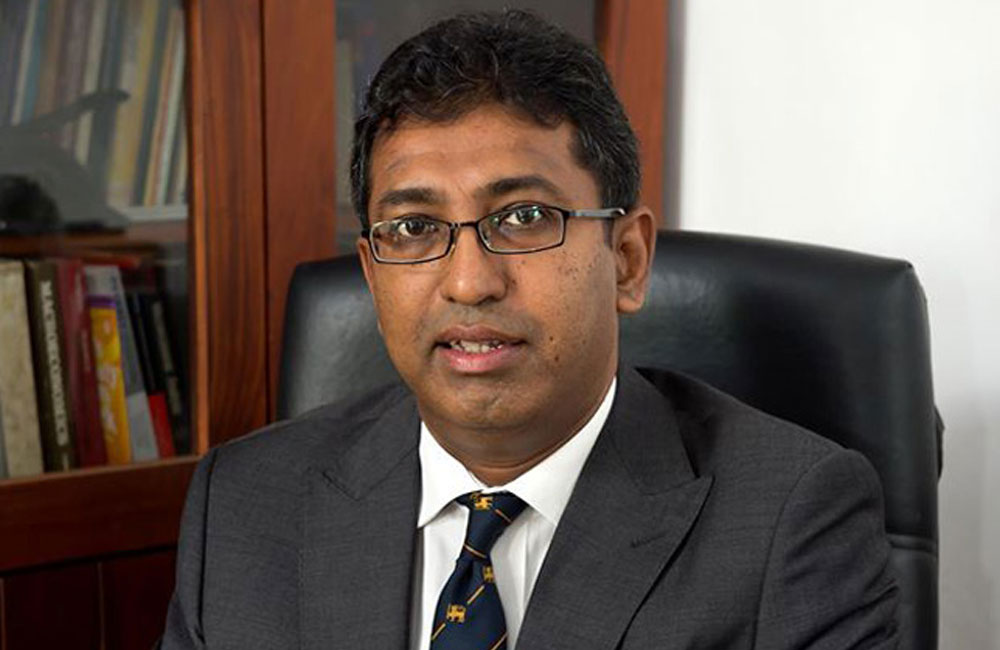
Foreign Ministry Addresses Concerns Over Non-Functional Official Websites
The Ministry of Foreign Affairs (MFA) has responded to comments made in Parliament by SJB MP Dr. Harsha de Silva regarding the outdated and malfunctioning nature of several government and diplomatic mission websites. The Ministry clarified that the issues highlighted stem from obsolete technological frameworks used across these platforms.
Speaking in Parliament yesterday (17), Dr. de Silva criticized the government’s digital presence, particularly sections related to economic diplomacy and overseas investment promotion. He pointed out that several key webpages still display information from as far back as 2018–2019, and that the “Office of Overseas Sri Lankans” link on some diplomatic mission websites redirects users to error pages.
In a statement published by Ada Derana, MFA Spokesman Thushara Rodrigo acknowledged the concerns, noting that the websites of the Foreign Affairs, Foreign Employment, and Tourism ministries—as well as many Sri Lankan missions abroad—operate on outdated technology.
He warned that certain sites could become completely inaccessible if updates are carried out without a comprehensive overhaul. To address these technical challenges, he said the government has initiated the creation of a unified website platform for all Sri Lankan diplomatic missions and the Ministry of Foreign Affairs.
A contract for the development of this centralized platform was awarded on 17 October 2025, with the project currently underway under the guidance of the Ministry of Digital Economy, ICTA, and SLCERT.
Rodrigo added that an interagency meeting was held on 31 October to connect all diplomatic missions, assess individual issues, and coordinate the upgrade process. The project is expected to be completed by mid-January 2026.
He noted that this wide-ranging digital modernization effort is being implemented under the direction of the Minister of Foreign Affairs, Foreign Employment, and Tourism, marking the first initiative of this scale under the government’s broader digitalization programme.
The Spokesman assured that the public will begin to experience the benefits of these improvements in the near future.
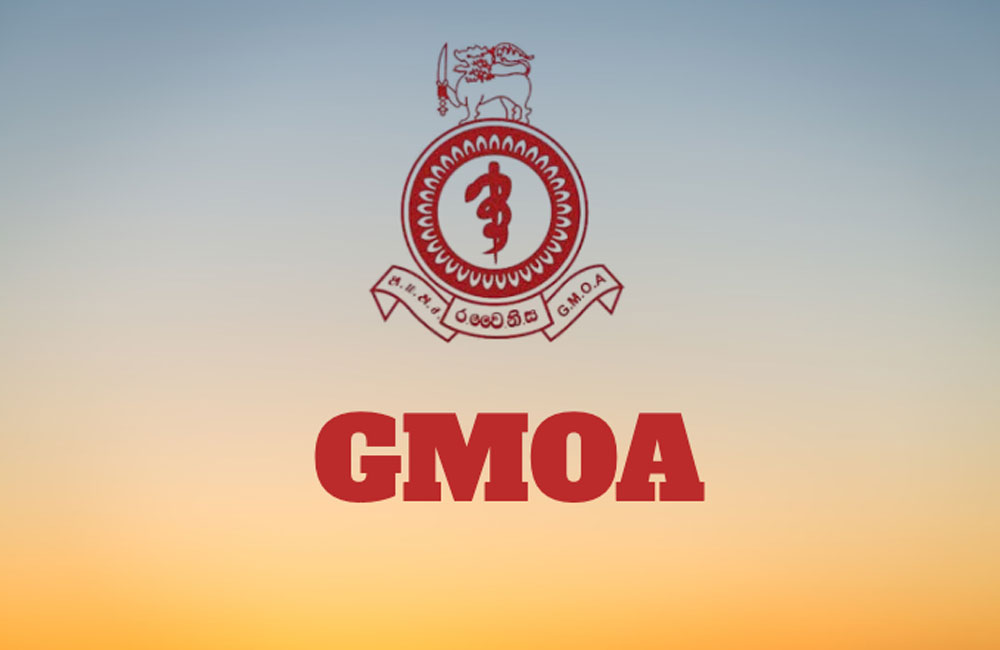
GMOA Representatives Meet President for Discussions Amid Ongoing Trade Union Action
A delegation from the Government Medical Officers’ Association (GMOA), which commenced trade union action this morning (17) over several demands, has arrived at the Presidential Secretariat for discussions.
The meeting is being held under the patronage of President Anura Kumara Dissanayake.
Several senior GMOA members are reportedly participating in the discussion, which is currently underway at the Presidential Secretariat.

GMOA to Continue Trade Union Action as Talks Fail to Yield Solutions
The Government Medical Officers’ Association (GMOA) announced that its ongoing trade union action will continue today (18), citing the lack of a satisfactory response to the concerns raised by the union.
The GMOA launched its trade union action yesterday (17) around 8 a.m., based on several demands related to unresolved issues within the health service and challenges faced by doctors—matters they say were not adequately addressed in the 2026 Budget presented by President Anura Kumara Dissanayake.
As part of the trade union action, doctors at hospitals nationwide restricted several services, including issuing prescriptions for medicines to be purchased from external pharmacies and directing patients to obtain laboratory tests from private facilities.
A group of GMOA representatives later arrived at the Presidential Secretariat for a discussion held under the patronage of President Anura Kumara Dissanayake. Following the meeting, the GMOA stated that its emergency Executive Committee and Central Committee would convene to decide on the union’s next steps.
GMOA Secretary Dr. Prabath Sugathadasa said the President had taken note of the proposals submitted by the association and assured that they would be reviewed further, with the possibility of offering reasonable solutions.
#Dr. Sugathadasa added that the two emergency committees will deliberate on the situation and determine the future course of action.
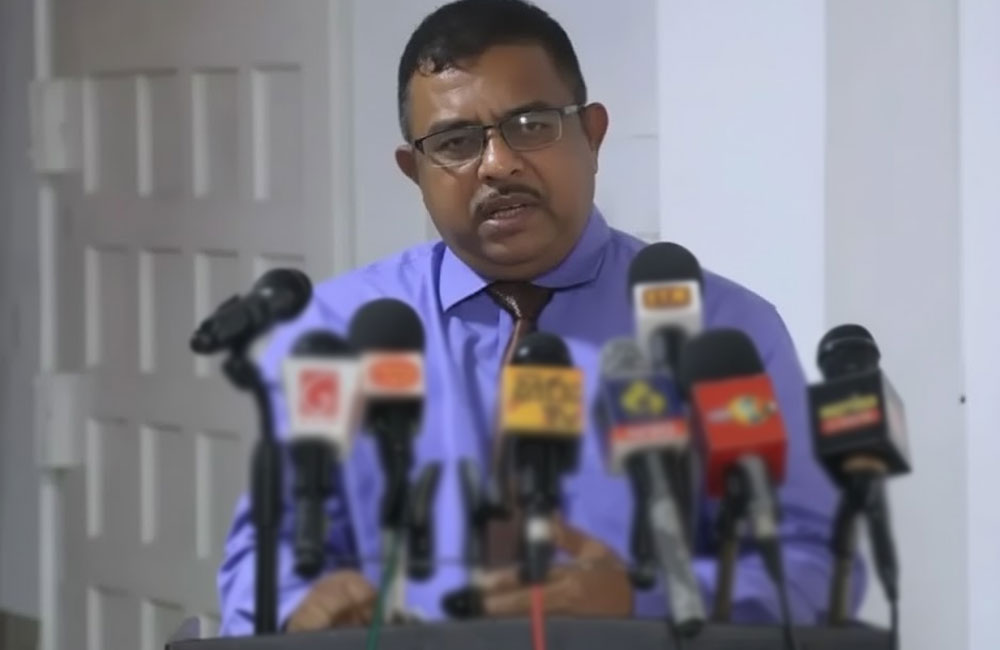
Former GSMB Chairman Anura Walpola Arrested Over Alleged Irregular Appointment
Former Chairman of the Geological Survey & Mines Bureau (GSMB), Anura Walpola, has been arrested by the Commission to Investigate Allegations of Bribery or Corruption (CIABOC).
He was taken into custody over allegations that he appointed an employee without following the proper recruitment procedures.
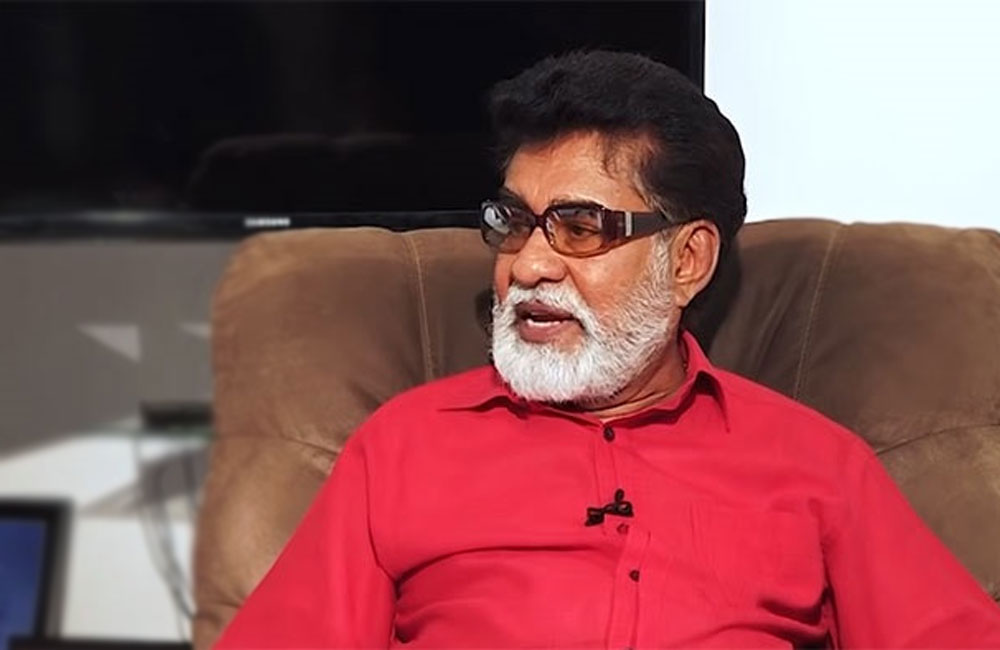
Former Minister Mervyn Silva Denies Bribery and Illegal Asset Acquisition Charges
Former Minister Mervyn Silva today (17) pleaded not guilty before the Colombo High Court to the indictments filed against him by the Bribery Commission. The charges allege that he unlawfully accumulated assets during his tenure as a government minister.

Sri Lanka’s Dollar Bond Revival Signals Cautious Market Comeback
Sri Lanka’s battered dollar bond market once defined by default, outflows, and collapsing investor confidence is beginning to show signs of renewed strength. The Ceylon Dollar Bond Fund (CDBF) has reported an impressive 12.3% return in U.S. dollars as of mid-September 2025, indicating a tentative revival in appetite for the country’s restructured debt.
Managed by Ceylon Asset Management (CAM) and supported by Deutsche Bank as Trustee and Custodian, the fund’s strong year-to-date performance highlights growing investor confidence following Sri Lanka’s December 2024 debt restructuring. A senior official at the Sri Lanka Insurance Corporation (SLIC)—a key stakeholder—confirmed that the uptick reflects improving sentiment across global markets toward Sri Lankan sovereign assets.
CDBF is an open-ended unit trust regulated by the Securities and Exchange Commission (SEC). It invests solely in Sri Lankan International Sovereign Bonds (ISBs) and selected dollar-denominated, bank-guaranteed securities listed overseas. For investors, the fund provides a shield against rupee depreciation and enables capital repatriation in foreign currency—attributes aggressively marketed on social media to attract diaspora and regional investors.
According to CAM Managing Director Dulindra Fernando, the surge in returns stems from rising ISB prices, improving macroeconomic indicators, and policy stability. “Sri Lanka’s improving macro fundamentals have underpinned the fund’s performance,” he said, citing the rebuilding of foreign reserves to US$ 6.2 billion, falling inflation, and a steadier rupee.
Tourism earnings, worker remittances, and early signs of foreign investment inflows have further strengthened confidence. The Central Bank’s policy direction has also supported the recovery, with Governor Dr. Nandalal Weerasinghe recently forecasting that Sri Lanka could secure a sovereign rating upgrade from CCC+ to B by 2027, potentially unlocking wider access to capital markets.
Over the past ten months, CDBF’s net asset value (NAV) has risen steadily, in line with the strengthening of restructured ISBs. Market analysts note that average yields on Sri Lankan sovereign bonds have dropped from 15% in January to around 10% by October, signalling reduced default risk and improved investor sentiment. Deutsche Bank added that the recovery in sovereign valuations reflects better fiscal discipline and progress in economic reforms.
SLIC acknowledged that the fund’s performance signals the potential of disciplined investment in restructured debt, but called for strict regulatory oversight to protect investors. Research from Verité further notes that Sri Lanka’s new GDP-linked Macro Linked Bonds (MLBs) could offer returns of up to 10.3% if GDP growth exceeds 3% between 2025 and 2027. Standard Chartered analysts estimate a 67.5% likelihood of meeting that threshold—supporting the upside case for funds like CDBF.
Still, regulators warn that risks remain. The Central Bank stressed that although such funds help attract foreign inflows, they are not without exposure to global interest-rate changes, market volatility, and geopolitical shocks. CBSL also reiterated that Personal and Business Foreign Currency Accounts cannot invest directly in CDBF, and banks have been instructed to enforce the rule.
For many, however, the Ceylon Dollar Bond Fund has become a symbol of Sri Lanka’s slow but deliberate return to credibility in international capital markets a recovery built not on exuberance, but cautious rebuilding, bond by bond.
Page 77 of 681